|
Pointer to an interesting HBR article about working parents If you spend time wondering how your career and/or your spouse's career might affect your kids, you'll want to read this HBR article: How Our Careers Affect Our Children by Stewart D. Friedman. Here are just a few of the interesting insights provided by studies outlined in this relatlvely short article:
0 Comments
Pointer to short video about the value of the roles we model People work for many reasons. We often assume that people work to support their families which is often true. But how often do you stop to think about how your work, and the example it sets, benefits your children beyond putting food on the table and a roof over their heads? Kathleen McGinn, a Harvard Business School professor, explains how our careers help our child in this short video (2:26 min).
Related stories:
Pointer to a video news conference with Dr. Donna Strickland On October 2, 2018 Dr. Donna Strickland was announced as a 2018 winner of the Nobel Prize in Physics. Dr. Strickland is an associate professor at the University of Waterloo who describes herself as a "laser jock". During an entertaining and inspiring news conference, Dr. Strickland described what it's like being the first Canadian woman to win the honour, and she also talks about being a working parent. She and her husband raised two children while pursuing their careers. When asked (at the 10:50 min mark in the video) if she thinks that scientists have a responsibililty to the world, Dr. Strickland replied (in part), "We all should do what we find fun and what we can do." She went on to say that when her daughter was quite young her daughter was being asked by her friends about the fact that her mom went out to work instead of staying at home. Dr. Strickland told her daughter, "The world works best if we all do what we're good at."
Submitted by Britt Larsen
Growing up, I always knew my mom was different. When my older sister was young, my mom started an after school music program. For over 30 years she ran the Colorado Academy of the Arts, and over those years, she taught hundreds of children and adults to love and appreciate musical theater. Sometimes I got frustrated because my mom was busy, but as an adult, I realize that her example and dedication is one of the reasons I am successful in my own career now.
My mom has a talent for recognizing talent in others, especially in people who don't think they are artistic. She is a master at casting people in roles that they may not have imagined for themselves. I will forever be thankful that she followed her passion and ignited that passion in every person she taught.
The approach of Mother's Day provides a great excuse to highlight some of the stories we've published about mothers over the last year.
Book Review
Being a working parent is a challenge. After reading the book The Hate U Give recently, I'm reminded that it's even more of a challenge for some parents, like those depicted in the book. This young adult novel was a book club "assigned read" and one that I feared would be a difficult one. But it was just the opposite. While the subject matter is heavy and revolves around a police shooting of an unarmed young man, the story is told in a way that is compelling and well-rounded. Along with the very difficult situations, there is love, laughter and teen-aged silliness (and angst).
Even though the book is targeted at readers much younger than me, I found it compelling, relevant, and very worthwhile. It made me realize than one person's idea of struggle just may be another's idea of privilege. If everyone in the US (at least) read this book, I think we might have at least a little less strife and a lot more understanding of each other.
Submitted by The Mama Politic My husband and I both work. I'm an academic researcher. He's a sociologist. We have a daughter who recently turned one and older children from my husband's previous marriage. For now we're prioritizing my career, although neither of us is slacking on the job. His strong support is enabling me to advance in my dream job as an applied research faculty member at a large university. I feel lucky to have his backing along with somewhat flexible work hours. We also have great daycare which we appreciate. Our caregiver is wonderful, and our daughter appears to be thriving. Lots of things are going really well. Still, it isn't easy. One of the things I find hardest about being a working parent is balancing career objectives with this feeling that I need to "do it all". And look fantastic doing it! As the sole cook in our family (long story), I need to get dinner ready each evening. Given my food allergies, this takes some extra effort. And to make things extra challenging, my daughter just started becoming incredibly fussy when we get home at the end of the day. Trying to make dinner and keep her happy is starting to feel like a losing battle. Between my Type A personality that has me wanting to make a great dinner and her unabated screaming, feelings of frustration and uselessness often take over. Hopefully this is a temporary phase. One way I am staying motivated is by training myself to say, "Screw that!" to a lot of things. I didn't puree my daughter's food when she was younger, I don't make bento boxes, and right now I just feed my daughter everything we eat - spices and all. She has slept in her own crib since day one, and I never breastfed because post partum depression required me to take a mood stabilizer. Sometimes I feel like I can't possibly be "enough" at home. Interestingly, many things seem to come more naturally to my husband than they do to me. Maybe it's because he has older children and has done this before. Still, I feel like I need to do it all, or at least I want to do it all. These feelings and challenges are helping me learn the value of prioritization. As I ponder the way we negotiate this life, I think about my need for my husband to support my career goals and understand my need to go to work every day. We are far from perfect, but he definitely has my back professionally. This may be difficult for some couples to understand. Maybe the fact that we both had working moms is why it feels right to us. Some friends who don't get it give me flak. They warn me that I'll regret not putting our daughter to bed every single night, and they're concerned that I've never cried when I've taken her to daycare. When our daughter was six months old, I changed jobs so I could spend more time with her, but some still seem concerned for me. My husband and I take this all in. We also know that our daughter is healthy, happy, and developmentally on track. She clearly loves us. Because we need our work to feel fulfilled, we truly believe that we're making choices that are best for her, our marriage and our family. It just feels right.
Commentary on a recent article in The Economist Most parents want their children to be paid fairly when they enter the workforce. They believe that compensation should correlate to value delivered, and that an employee's gender should not impact their pay. Many are passonate about the topic of "equal pay for equal work", and we recently wrote about some of them in the story "When Parents Act Like Corporations". The first step toward achieving equal pay is working (i.e. obtaining some pay ;). Then, if you want to compare your compensation to another employee's, you need to produce at least the same results or value as that person. Some fascinating data about the gender pay gap was recently published in the the story "Choices and Consequences". Some studies show that pay rates for men and women align until the birth of their first child. After that, women who have a child find that, on average, their pay dips. Many factors explain the dip, and some people are bothered by it. Researchers from Princeton, the London School of Economics, and the Danish Ministry of Taxation recently found that in Denmark, one of the greatest predictors for how a woman's pay will be impacted by having a child is the example set by her mother. Specifically, the example her mother sets in terms of how she manages her career. Apparently men's pay, on average, dips very little, if any, after their first child is born. You can read about this research in a short article in The Economist: The roots of the gender pay gap lie in childhood. So, if you're serious about wanting your daughter to be compensated at the same rate as the men she will work with, look no further than the example set within your own family. . . . Related note: A guy I know recently commented that we often give mothers most of the credit, as well as the blame, related to their children's opportunities and behaviors. We agree. At the same time, many couples believe that childrearing is a team effort, and neither parent's contribution is more important than the other's. Congratulations to all of the parents working so hard to support their children, each other, and their communities. It isn't easy, and that's why we admire you!
Inspired by the Harvard Business Review podcast: "Couples That Work" About two months after our second child was born, I was interviewing for a new job. I'd spent the previous few years at a start-up that never came close to delivering the compensation I'd walked away from with my previous employer. So when I received a respectable offer to return to that "previous employer" as a contractor, and in a role I'd filled right out of college nine years earlier, I felt relieved, encouraged, and happy to get my foot back in the door. But my husband didn't feel the same way. He told me that if I took that job I'd "ruin the family name" because I was overqualified for it and capable of more. He thought I needed to continue my search until I found a position that better aligned with my experience and provided compensation that aligned with that experience. That wasn't exactly the encouraging response I was expecting, so I paused, and then I took his advice. A month later I landed a much better offer for a position that required the experience I'd acquired and would compensate me accordingly. My husband's surprising encouragement to walk away from the "lesser" offer really caught me off guard. I'd always appreciated that he supported me, but I'd never realized how much he respected my capabilities. It was a huge confidence booster, and in hindsight, a defining moment that kept my career on track at a time when it could have easily been derailed. (It's also worth mentioning that by pushing me to take on more responsibility at work, demands on his time at home were certainly going to increase, so he didn't have much to gain by pushing me to strive for more.) Of course I ended up taking the better offer, and I never looked back. It turns out that this kind of "tough love" advice is a trait found within successful dual career couples according to an interesting Harvard Business Review podcast called "Couples That Work". Guest Jennifer Petriglieri calls this providing a "secure base" and points out that this kind of encouragement, when one spouse actually pushes the other to move further outside the relationship, is how we thrive, develop and grow. Interestingly, it's often the same kind of encouragement we give to our children to ensure they become capable adults. Any couple that wants to strengthen their relationship and career opportunities should listen to at least the first 10 minutes of this podcast.
Related story:
Current events commentary
At Working Parent Stories we have a single focus; encouraging working parents who are committed to their kids and their careers. Since the beginning of time, most parents have needed to work, but it's a relatively new reality in many parts of the world to have men and women collaborating side-by-side as peers in the workplace. Norms continue to shift as expectations and opportunities for working parents evolve and the value of increased diversity in the workplace continues to reveal itself in new and interesting ways.
When we become parents, we take on the significant responsibility to nurture another human being. And when parents are able to make contributions beyond their own families, they further strengthen their children, families, and communities. This assertion has been exemplified recently via the value delivered by working parent Judge Rosemarie Aquilina. Judge Aquilina, a mother to five children and a grandmother, has presided over the sentencing of convicted criminal Larry Nassar, and she is credited with creating an environment that gave the victims the space they needed to tell their stories. As CNN anchor Michaela Pereira pointed out earlier today, Judge Aquilinia enabled the young women victims "to go from not being heard and believed to being heard, seen, validated, and believed." Judge Aquilina is 59 years old. Over the years it's possible, and maybe even probable, that she's had at least a few days when she may have felt like she had taken on too much as she balanced family and professional responsibilities. But the value of her most recent contributions are impossible to ignore. They enable us to clearly recognize that her extra effort has resulted in strengthened victims, families, and communities. Her work reminds each of us why our own work can be so important. It's impossible to know where our career paths will lead us, but it's encouraging when we are reminded that when we strive to apply our skills and use them to do the right thing, we are best positioned to make positive contributions. The work we do, and the examples we set, make a difference. Often progress occurs and we don't even realize it. When we're lucky, we can see the differences we make. Either way, the contributions matter.
|
The StoriesArchives
March 2022
Categories
All
|
Photos from barnimages.com, marcoverch, truewonder, donnierayjones, marcoverch, shixart1985, Gustavo Devito, edenpictures, nan palmero, quapan, The Pumpkin Theory, bark, opassande, Semtrio, Ivan Radic (CC BY 2.0), verchmarco (CC BY 2.0), Didriks, shawnzrossi, shixart1985 (CC BY 2.0), madprime, marksmorton, CT Arzneimittel GmbH, NwongPR, franchiseopportunitiesphotos, anotherlunch.com, jdlasica, wuestenigel, Frinthy, romanboed, Doris Tichelaar, quinn.anya, A_Peach, VisitLakeland, MEDION Pressestelle, Darren Wilkinson, bratislavskysamospravnykraj, Anthony Quintano, Danielle Scott, pockethifi, Bridgette Rehg, Martin Pettitt, PersonalCreations.com, wuestenigel, Thad Zajdowicz, archer10 (Dennis) 139M Views, Infomastern, beltz6, The National Guard, futurestreet, daveynin, OIST (Okinawa Institute of Science and Technology), Rinet IT, shixart1985, mikecogh, JeepersMedia, Ryan Polei | www.ryanpolei.com, Jake.Christopher., aleksandrajovovich, thepeachpeddler, wwward0, flossyflotsam, Got Credit, Senado Federal, Corvair Owner, lookcatalog, moodboardphotography, dejankrsmanovic, Carine fel, ElleFlorio, {Guerrilla Futures | Jason Tester}, greg westfall., Arlington County, mariaronnaluna, quinn.anya, wuestenigel, Tayloright, insatiablemunch, MrJamesBaker, Scorius, Alan Light, Monkey Mash Button, www.audio-luci-store.it, wohlford, Vivian Chen [陳培雯], okchomeseller, BoldContent, Ivan Radic, verchmarco, donnierayjones, Czar Hey, US Department of Education, Andrew Milligan Sumo, Michel Curi, anotherlunch.com, ProFlowers.com, Cultural viewpoints from around the world, alubavin, yourbestdigs, Rod Waddington, Tayloright, Wonder woman0731, yourbestdigs, donald judge, Thomas Leth-Olsen, Infinity Studio, shixart1985, wuestenigel, francesbean, Roger Blackwell, MrJamesBaker, Luca Nebuloni, MFer Photography, erinw519, boellstiftung, North Carolina National Guard, A m o r e Caterina, MrJamesBaker, bellaellaboutique, Free For Commercial Use (FFC), Prayitno / Thank you for (12 millions +) view, wuestenigel, Matt From London, MadFishDigital, Kompentenzzentrum Frau und Beruf, mikecogh, CreditDebitPro, marciadotcom, Mr.Sai, _steffen

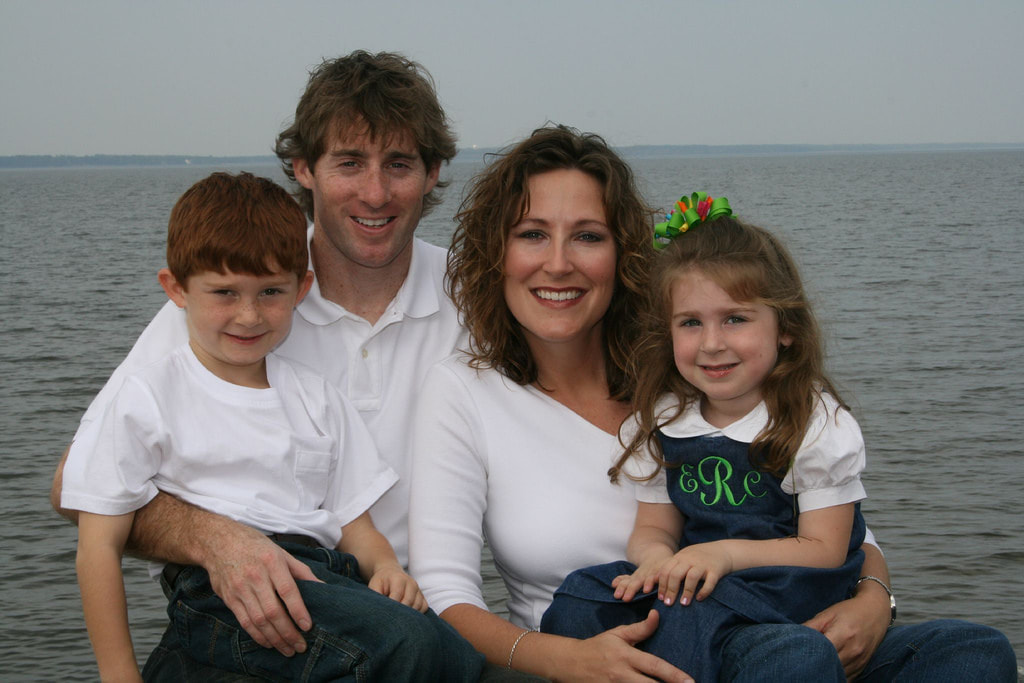






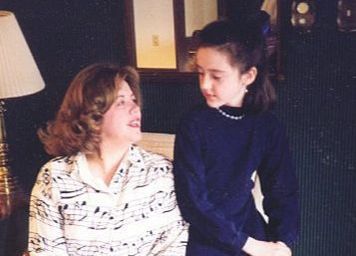

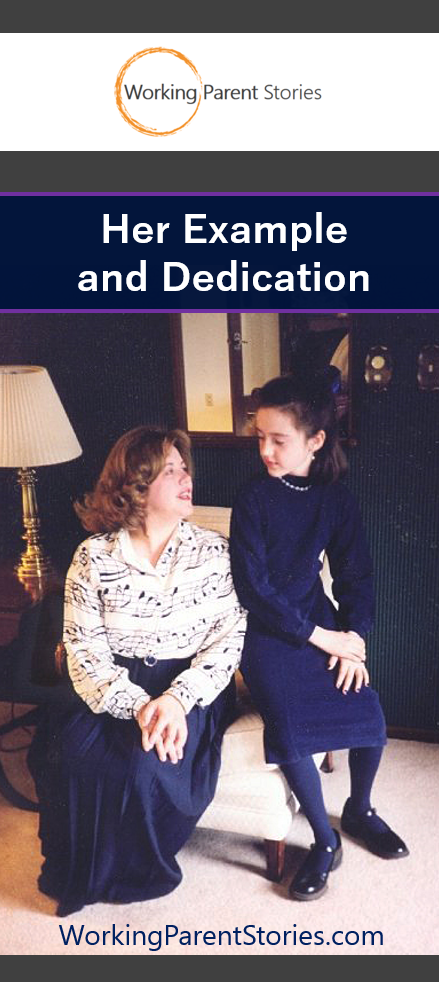



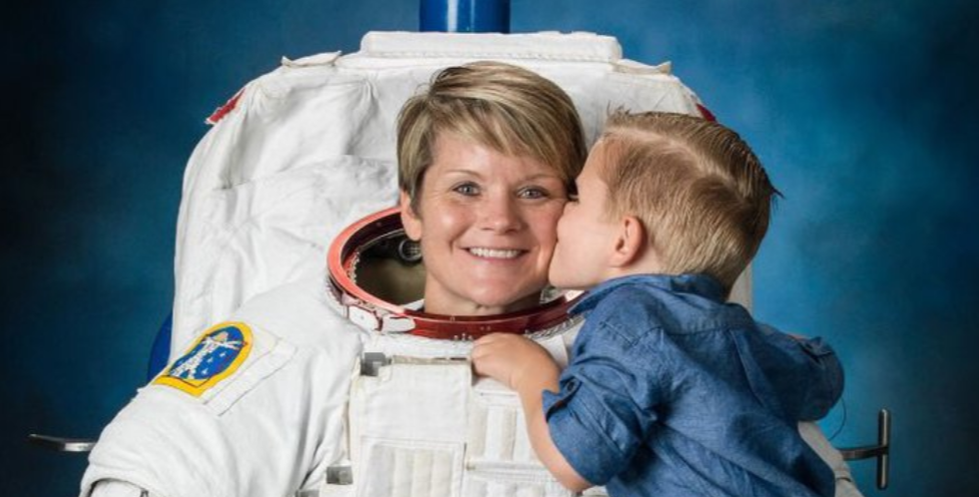

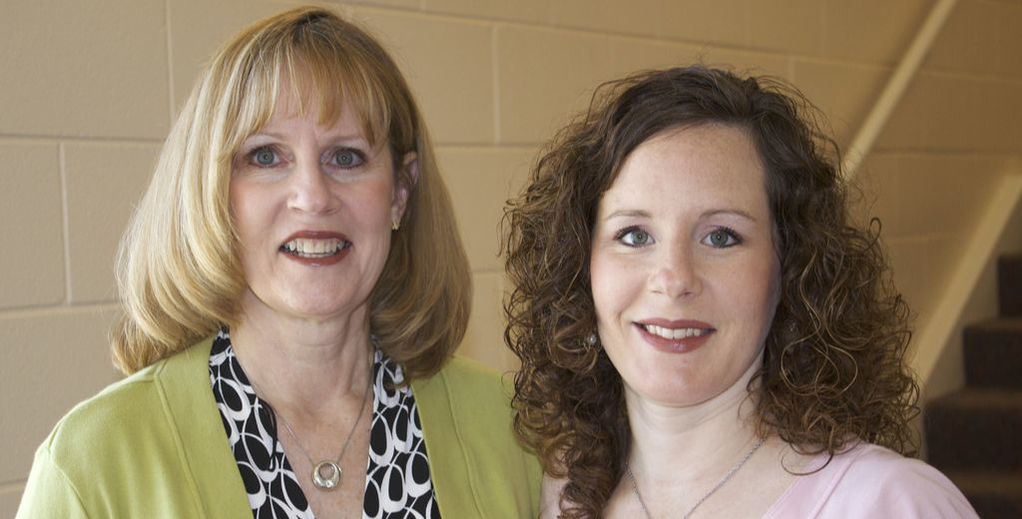

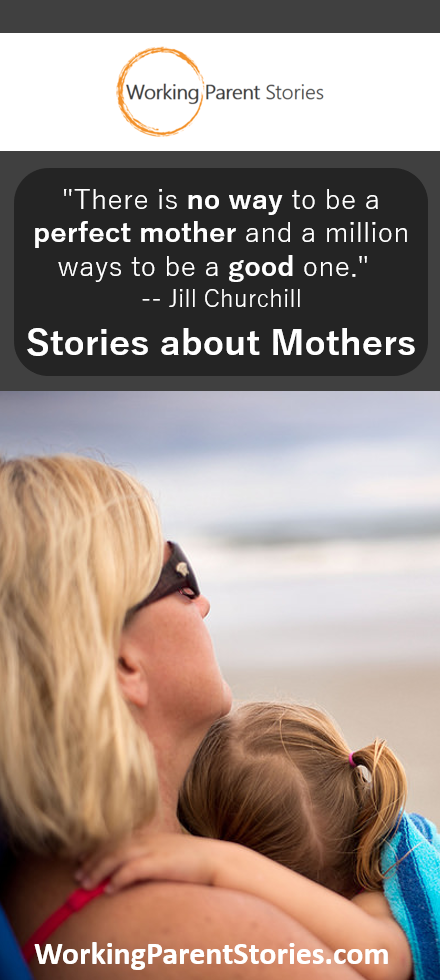
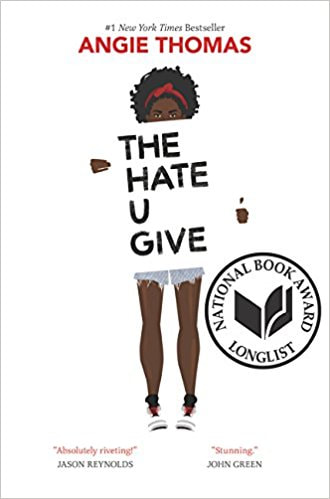
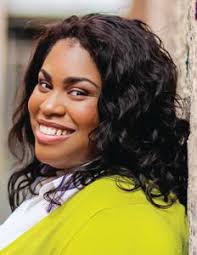
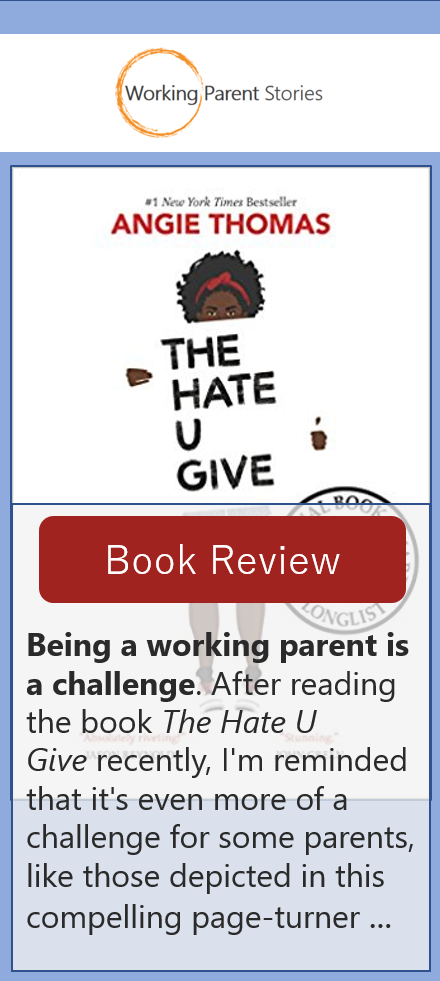


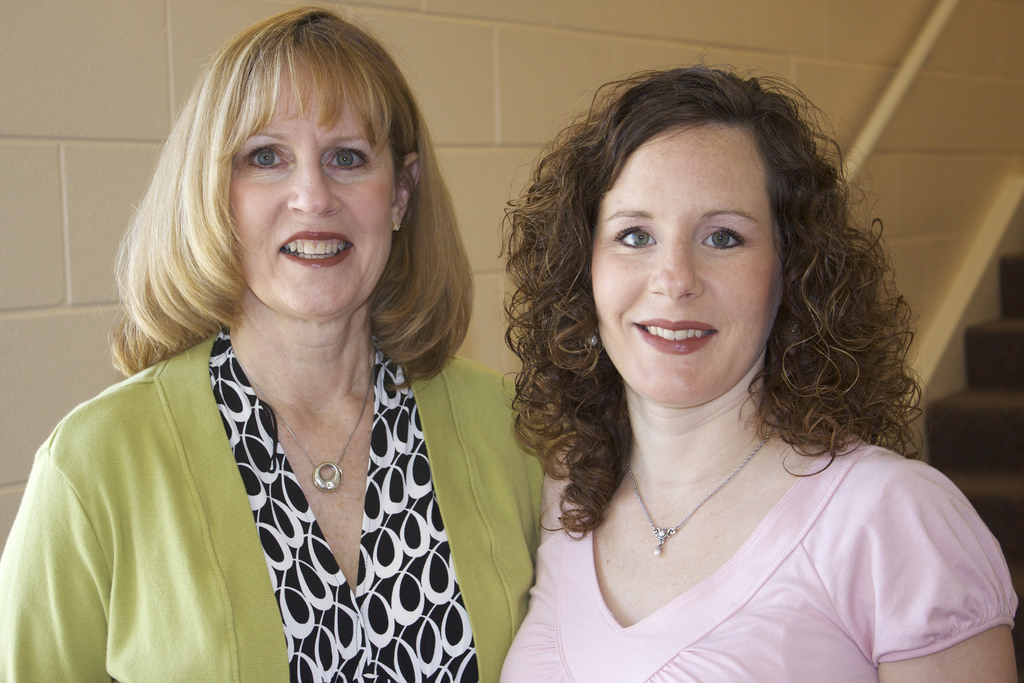



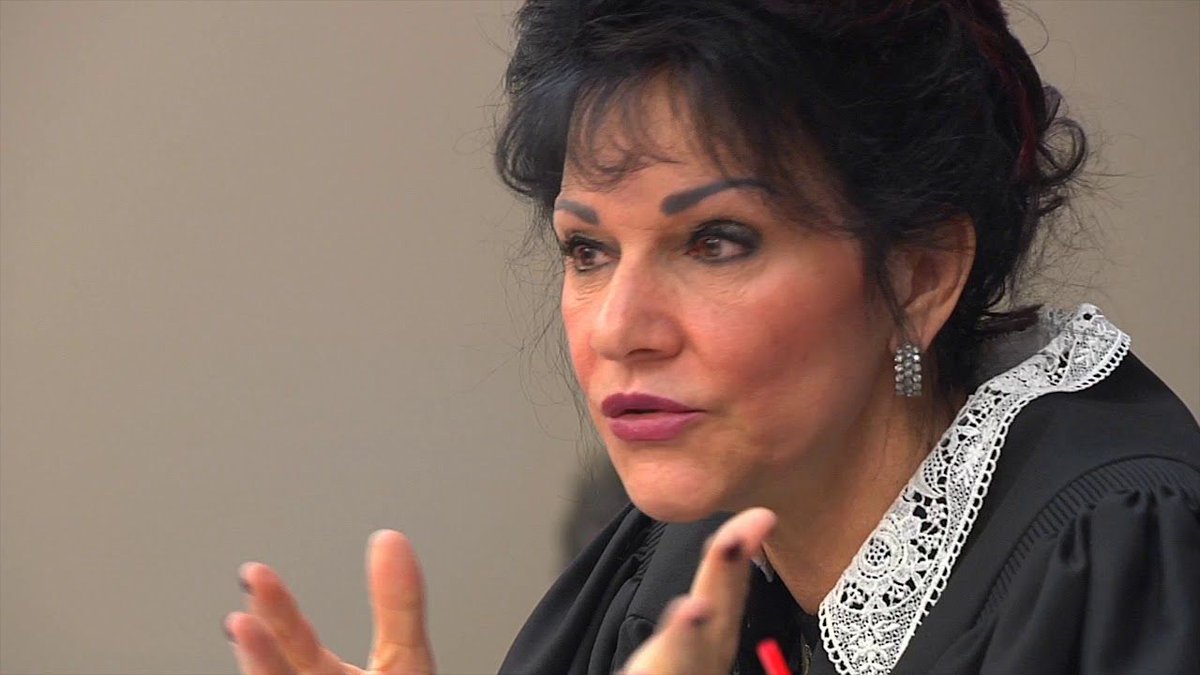
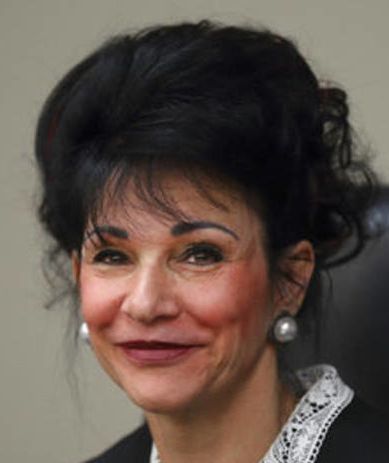
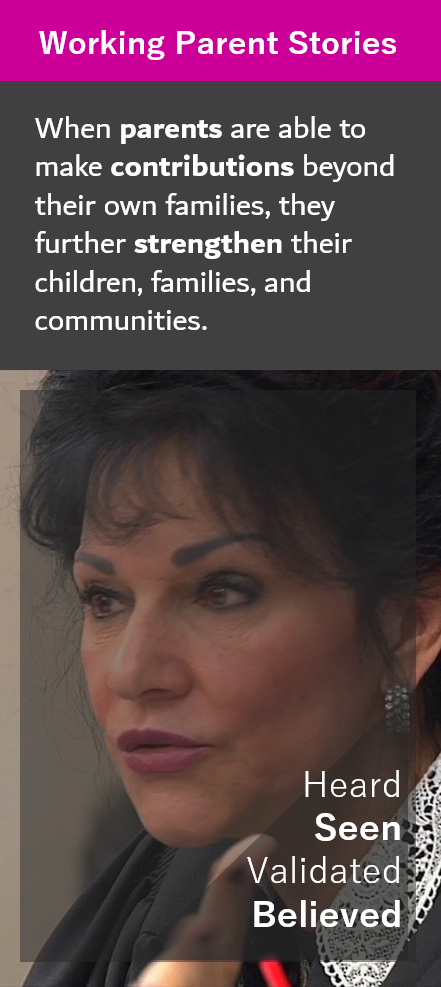
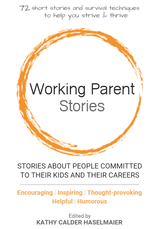
 RSS Feed
RSS Feed